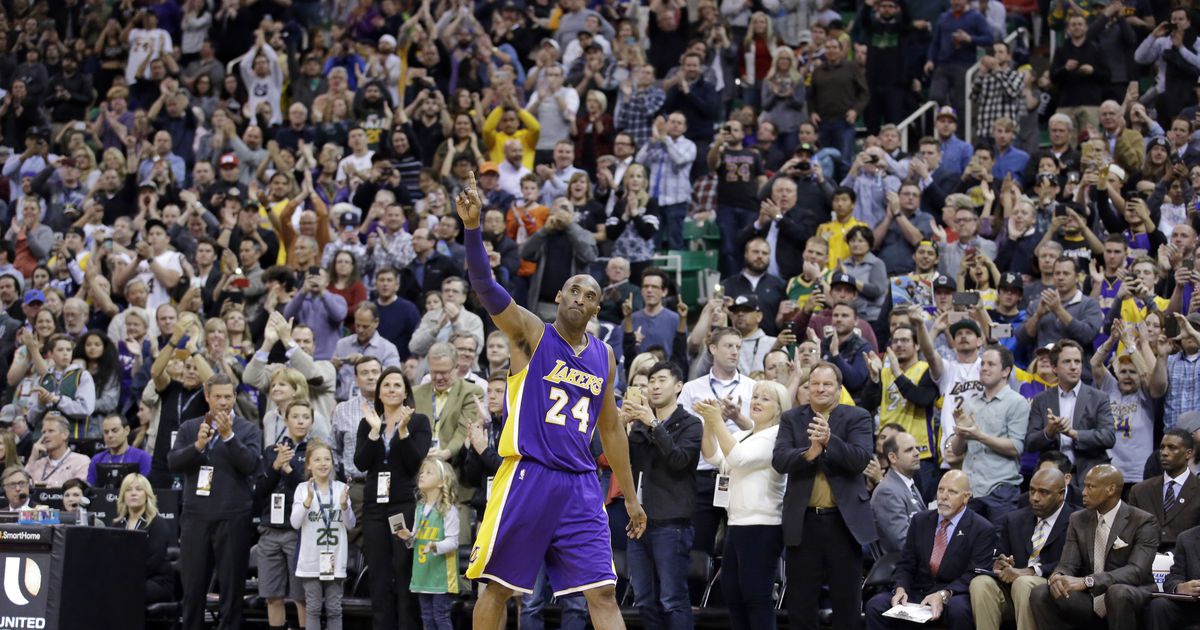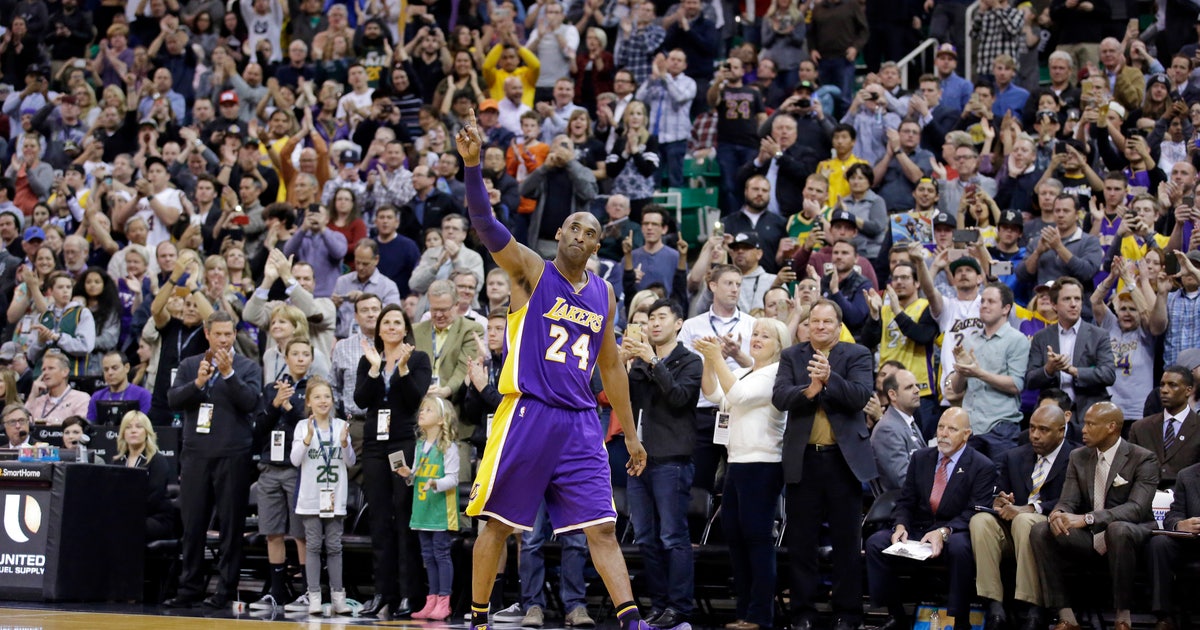NBA changing All-Star Game format, adding a Kobe tribute


Kobe Bryant’s final jersey number will be something this year’s NBA All-Stars play to reach.
The NBA announced major changes to the All-Star format on Thursday, turning every quarter into a mini-game for charity before an untimed final quarter with a target score that will decide which team wins. Scores will be reset — back to 0-0 — at the start of the second and third quarters, then restored to begin the fourth quarter.
That’s where the tribute to Bryant and the No. 24 jersey he wore for the last decade of his NBA career comes into play. The team that wins the All-Star Game will be the first to reach a target score, determined by the total points the team in the lead scored in the first three quarters combined — plus 24, the obvious nod to Bryant.
The NBA said there will be multiple tributes to Bryant, his 13-year-old daughter Gianna and the seven others who lost their lives in Sunday’s helicopter crash throughout All-Star weekend, including the showcase game on Feb. 16. The target score is just one of them.
“We spent a lot of time considering the right target number to use for the fourth quarter,” said Byron Spruell, the NBA’s president for league operations. “Through the events of this week it became clear to us that the only appropriate number for this season’s All-Star game is 24.”
The target score is the latest addition to the NBA’s quest to make the game more competitive, something that players have wanted for some time.
This is the third year where the NBA has had a format where captains — it’ll be the Los Angeles Lakers’ LeBron James and the Milwaukee Bucks’ Giannis Antetokounmpo in those roles this year, just like last year — get to draft their teams, something that will take place next week.
“We’ve been very focused on making it more competitive, making it more exciting and making it fun,” Spruell said. “And we’ve had a great collaboration with the union. For this year’s game, we really focused on what new things we could do to make it a really competitive game where each quarter mattered in this case.”
It’ll matter to Chicago-area charities, which will benefit from however many quarters Team LeBron and Team Giannis win that night.
The team that has the most points after the first quarter will win $100,000 for its charity. The same will apply to the second and third quarters. The scores get added for the fourth to set the target score — for example, if the score is 100-95 at that point, then the team that wins the All-Star Game will be the first to reach 124.
The target score concept is something that the NBA has been considering since last summer, when National Basketball Players Association president Chris Paul — a big fan of The Basketball Tournament, a winner-take-all $2 million event composed mostly of college alumni teams — reached out to say the league should explore the concept. The Basketball Tournament uses what is called the Elam Ending; the game clock is turned off at the first stoppage with 4:00 or less in the fourth quarter, and the target score there is eight points more than the leading score at the time.
“It almost takes us back to when we would play on the playground,” Spruell said. “We’d go up to 15 or 21 or what have you. This time it’ll be 24 with someone hitting a gamewinning shot.”
There’s at least $500,000 for charity at stake from the game alone. Each of the first three quarters is worth $100,000 — if there’s a tie, the money rolls over to the next quarter — and the final score is worth another $200,000. If one team sweeps all four quarters, the other team will receive $100,000 for its charity regardless.
For now, this is a one-year change, though the NBA is hopeful that the quarter-score for charity element and the target-score ending become part of the All-Star Game on a long-term basis.
“If successful, I would imagine we keep it moving,” Spruell said.





